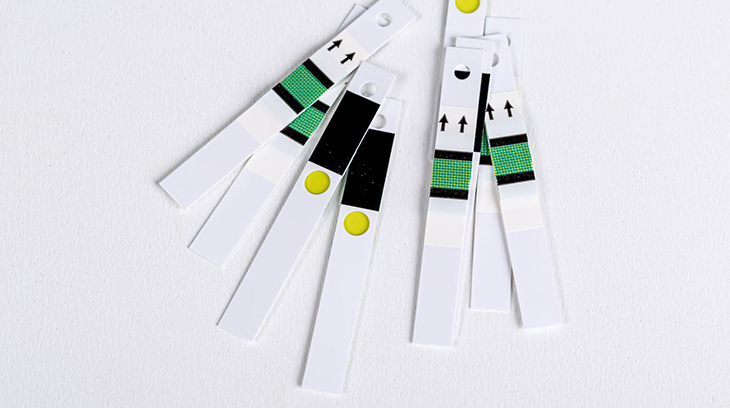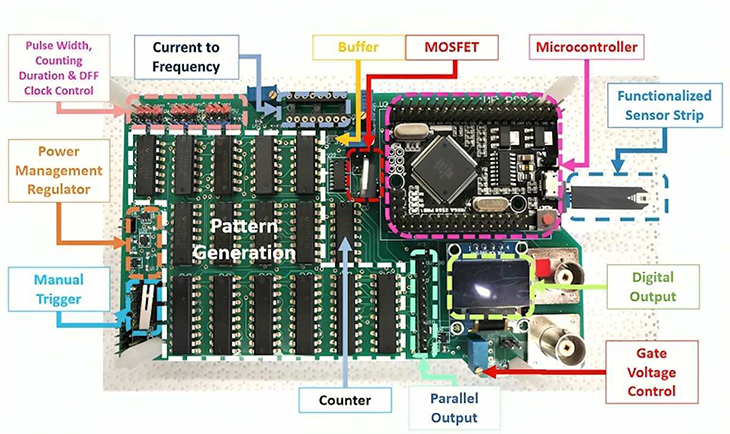This Hand-Held Saliva-Based Breast Cancer Detection Test Gives Accurate Results In Just 5 Seconds

A groundbreaking innovation in the field of breast cancer detection has emerged, offering women a swift and convenient alternative to traditional screening methods.
Researchers from the University of Florida and National Yang Ming Chiao Tung University in Taiwan have unveiled a handheld portable device that could revolutionize the way breast cancer is diagnosed.
Unlike cumbersome and often uncomfortable mammograms or expensive MRI and ultrasound procedures, this novel device promises simplicity, speed, and cost-effectiveness. About the size of a hand, it incorporated readily available components costing a mere five dollars, along with inexpensive glucose testing strips, each priced at just a few cents.
The device operates on a biosensor principle, utilizing paper test strips treated with specific antibodies tailored to interact with targeted cancer biomarkers.

When a drop of saliva, the sample medium, is applied to the strip, the device initiates pulses of electricity to its electrical contact points. This process triggers a reaction where in the biomarkers in the saliva bind to the antibodies on the strip, inducing a discernable change in the device’s output signal.
Crucially, this innovation offers remarkable sensitivity, capable of detecting cancer biomarkers even at extraordinarily low concentrations. In fact, the device has demonstrated the ability to provide accurate results with samples containing as little as one femtogram (one quadrillionth of a gram) of the biomarker per milliliter.
Published findings in the Journal of Vacuum Science & Technology B highlight the device’s efficacy and potential impact. Researchers assert that its affordability and simplicity make it an invaluable tool, particularly for communities in remote areas where access to conventional screening methods may be limited.
University of Florida PhD student Hsiao-Hsuan Wan, who is also the study’s author, said, “Imagine medical staff conducting breast cancer screening in communities or hospitals.”
“In many places, especially in developing countries, advanced technologies like MRI for breast cancer testing may not be readily available. Our technology is cost-effective, with the reusable circuit board priced at $5,” she said.
Notably, the device leverages the Arduino open-source hardware-software platform, enhancing its accessibility and adaptability. By harnessing this platform, the researchers envision a future where this technology could be readily deployed in various settings, extending tit reach to underserved populations and facilitating early detection of breast cancer.
Ms. Wan from the American Institute of Physics said in a media release, “The highlight for me was when I saw readings that clearly distinguished between healthy individuals and those with cancer.”
“We dedicated a lot of time and effort to perfecting the strip, board, and other components. Ultimately, we’ve created a technique that has the potential to help people all around the world.”
“We are excited about the potential to make a significant impact in areas where people might not have had the resources for breast cancer screening tests before,” she adds.
The implications of this innovation are profound. It not only offers a conventional and non-invasive alternative for women wary of conventional screening methods but also holds promise in improving overall healthcare outcomes by enabling early detection and intervention.



